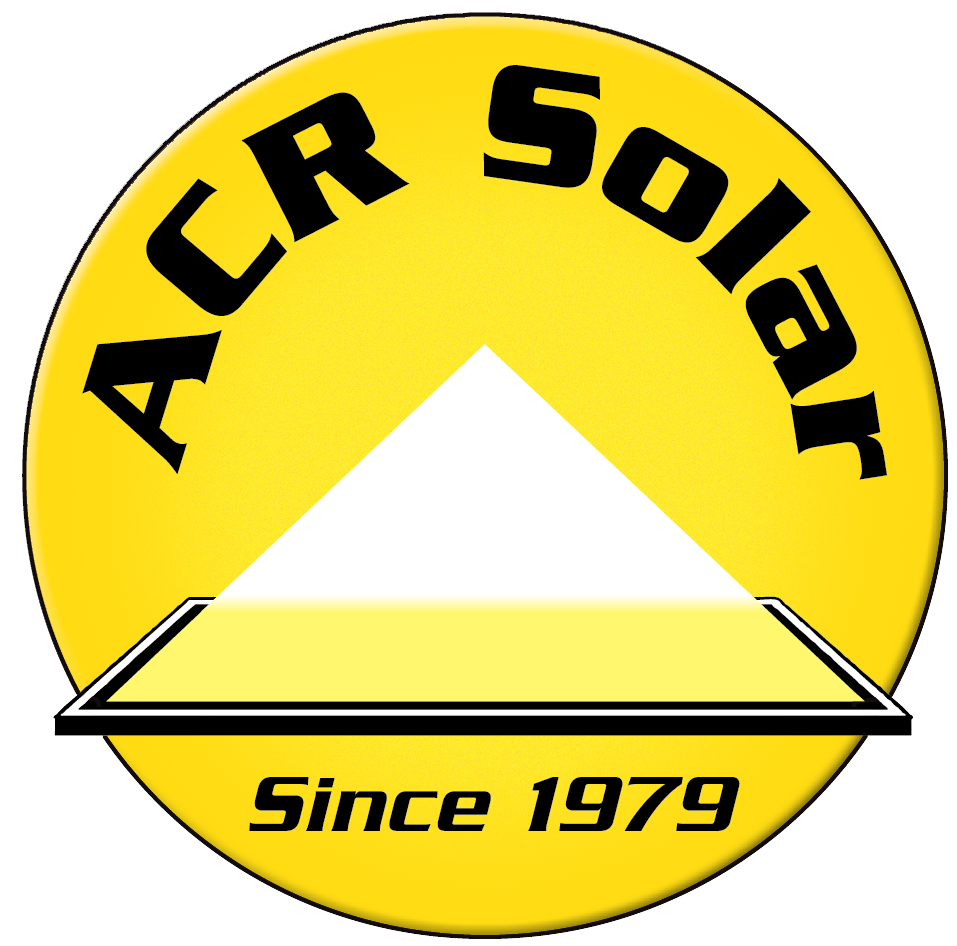If you’re a homeowner in California, or someone considering purchasing or constructing a home, understanding the Title 24 solar mandates can be crucial. These mandates, part of the broader energy efficiency standards set by the state, play a significant role in shaping the future of residential properties. This article aims to provide homeowners and potential buyers with a comprehensive understanding of these solar mandates, emphasizing roofing and solar integration.
The Basics of Title 24 Solar Mandates for Homeowners
California’s Title 24 regulations are part of the state’s ongoing efforts to reduce energy consumption and greenhouse gas emissions. While the Title 24 Building Energy Efficiency Standards encompass a range of requirements, one of the most noteworthy for homeowners revolves around solar energy.
Starting from 2020, most new homes in California, under three stories tall, are required to have solar panels as a primary source of energy. This is a monumental step towards ensuring a greener future, but what does it mean for the average homeowner?
Roofing Requirements and Solar Integration
The roofing structure plays a pivotal role in the installation of solar panels. One of the prerequisites of Title 24 solar mandates is that homes should have a solar-ready roof. “Solar-ready” implies that the roofing material and structure should be optimized to accommodate and support solar panels.
- Roof Material: Not all roofing materials are created equal. While traditional shingles can support solar installations, metal roofing or cool roofs can be more effective in reflecting sunlight, which, in turn, can enhance the efficiency of the solar panels.
- Roof Orientation and Tilt: The orientation and tilt of the roof can significantly impact the solar panels’ energy generation capacity. South-facing roofs with a tilt between 15° and 40° are typically considered ideal for solar installations in California.
- Roof Space: The amount of unshaded space available on the roof determines the size and number of solar panels that can be installed. The bigger the unshaded area, the more energy can be generated.
Integration of Solar Panels with Home Energy Systems
Beyond roofing considerations, the solar panels’ integration with the home’s energy systems is crucial. Title 24 mandates are not just about placing solar panels on the roof but ensuring that they integrate seamlessly with the home’s energy infrastructure.
- Solar Inverters: These devices convert the direct current (DC) produced by solar panels into alternating current (AC) that powers homes. The choice and installation of inverters play a crucial role in maximizing energy output.
- Battery Backup Systems: While not explicitly required by Title 24, integrating battery backup systems can store excess solar energy, ensuring power availability during non-sunny days or peak usage hours.
- Energy Efficiency Measures: Alongside solar mandates, homeowners should consider other energy efficiency measures, such as improved insulation, energy-efficient windows, and LED lighting, to maximize the benefits of their solar system.
Implications and Benefits for Homeowners
Title 24 solar mandates, while bringing certain immediate costs, offer long-term benefits for homeowners:
- Lower Energy Bills: By generating their own electricity, homeowners can significantly reduce monthly utility bills. Over time, the savings can offset the initial costs of solar installation.
- Increased Home Value: Homes equipped with solar systems often command a higher market value, making it an investment that pays off in the event of a sale.
- Environmental Impact: Adopting solar energy reduces a household’s carbon footprint, contributing to a more sustainable future.
- Potential Tax Incentives and Rebates: Homeowners can benefit from federal tax credits, state incentives, and rebates for solar installations, further reducing the overall costs.
In conclusion, while Title 24 solar mandates may seem daunting initially, they present homeowners with an opportunity to invest in a sustainable future, both environmentally and financially. Proper integration of roofing and solar systems is key, and understanding these mandates can aid in making informed decisions.
